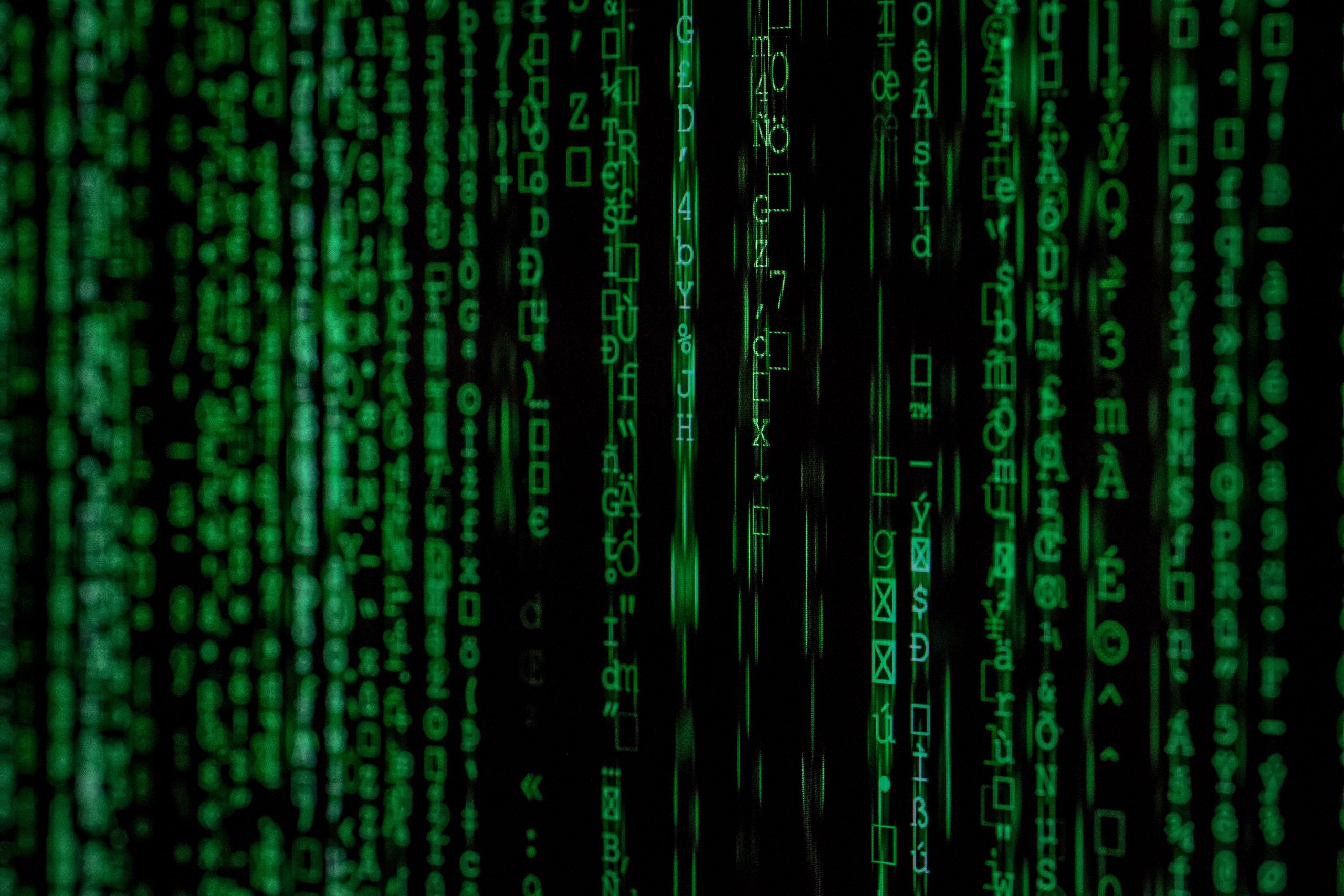
13 Billion Malicious, Suspicious Emails Blocked in 2019: Microsoft
Over 13 billion malicious and suspicious emails were blocked in 2019, Microsoft said in a new report, adding that the volume of successful cyberattacks in countries experiencing COVID-19 outbreaks is on the rise. “Threat actors have rapidly increased in sophistication over the past year, using techniques that make them harder to spot, threatening even the…










